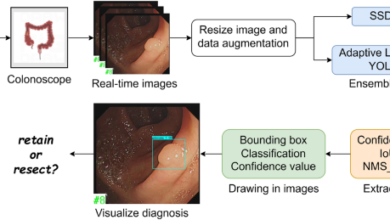SoundHound Pays Off $100 Million Debt After Lender Agreement

SoundHound AI has reached an agreement to prepay its $100 million debt in full.
The voice artificial intelligence (AI) firm announced that agreement with its lenders Monday (June 10), saying it substantially lowers its early payment costs and lets SoundHound save more than $55 million of interest and fees that would have been due throughout the remaining duration of the loan.
In addition, the transaction frees up approximately $14 million of restricted cash, with SoundHound now left with a cash balance of about $180 million and no outstanding debt.
“With the massive opportunity to deliver innovative AI around the world, our strong net cash position has meaningfully improved our financial profile,” said Nitesh Sharan, CFO at SoundHound AI. “We now have a capital structure free of debt, which will allow us to move even more nimbly to capture the increasing customer demand for our voice AI solutions.”
The news comes after last month’s release of SoundHound’s first-quarter earnings, which the company said reflect a booming interest in voice-based AI, particularly for customer service.
“Our first quarter sets the tone for 2024 as another year of strong growth for SoundHound,” CEO Keyvan Mohajer said in a news release. “Voice AI is fast becoming a must-have tool for customer service, and that’s reflected in the demand we’re seeing for subscriptions.”
The company reported revenue of $11.6 million, up 73% from a year earlier. Speaking with analysts during the earnings call, Mohajer said SoundHound’s years of experience give it an edge in the crowded AI field.
“As an AI company, we combine our 20+ years of technology innovation and billions of customer interactions to create the best voice AI technology on the market,” he said. “Across automotive and customer service, global brands are increasingly looking to us to provide an exceptional experience.”
Writing about AI’s first year in the limelight in December, PYMNTS argued that despite the promise as a generalist solution, voice AI was “still a nut waiting to be cracked.”
“That’s because the way the human mind works is not the way that even the most advanced AI machines operate, and with artificial general intelligence (AGI) a far-away goal, today’s AI systems perform best when they are trained on and built atop domain-specific, localized data sets for purpose-designed tasks — like restaurant ordering from a preset menu, or ambient notetaking within a clinical healthcare setting,” that report said.



